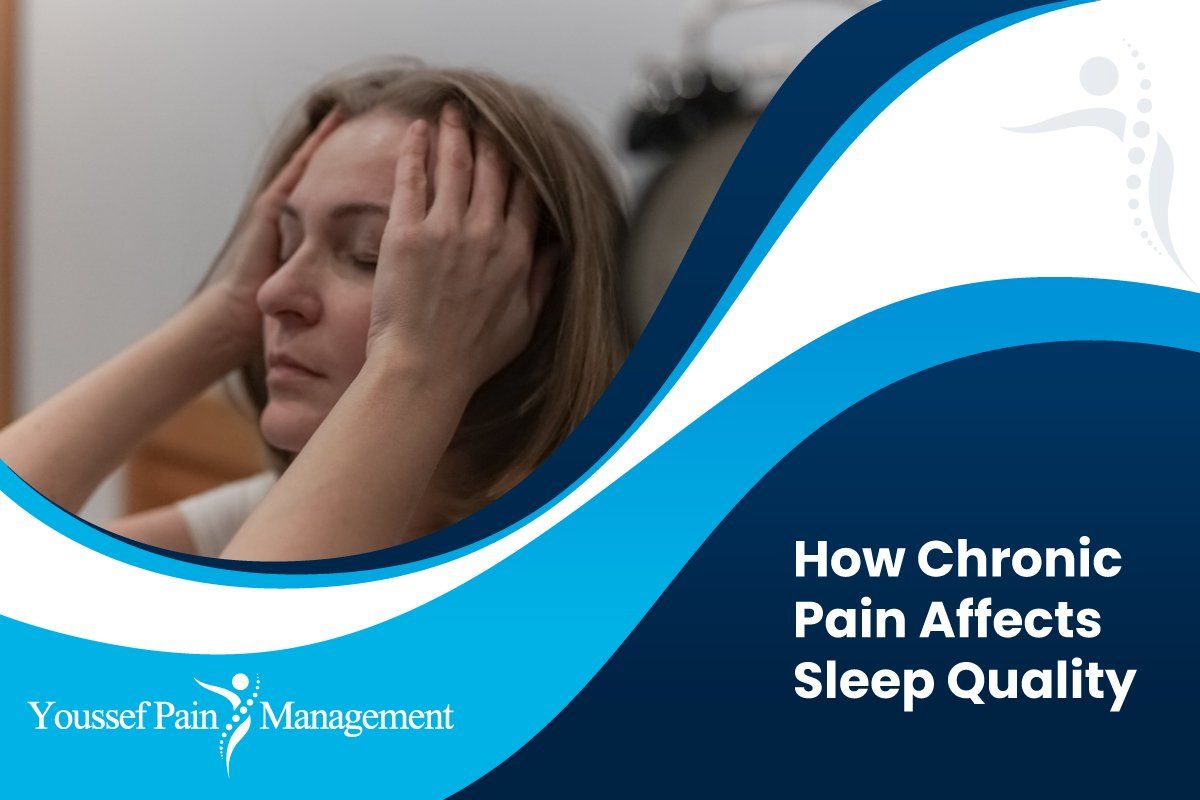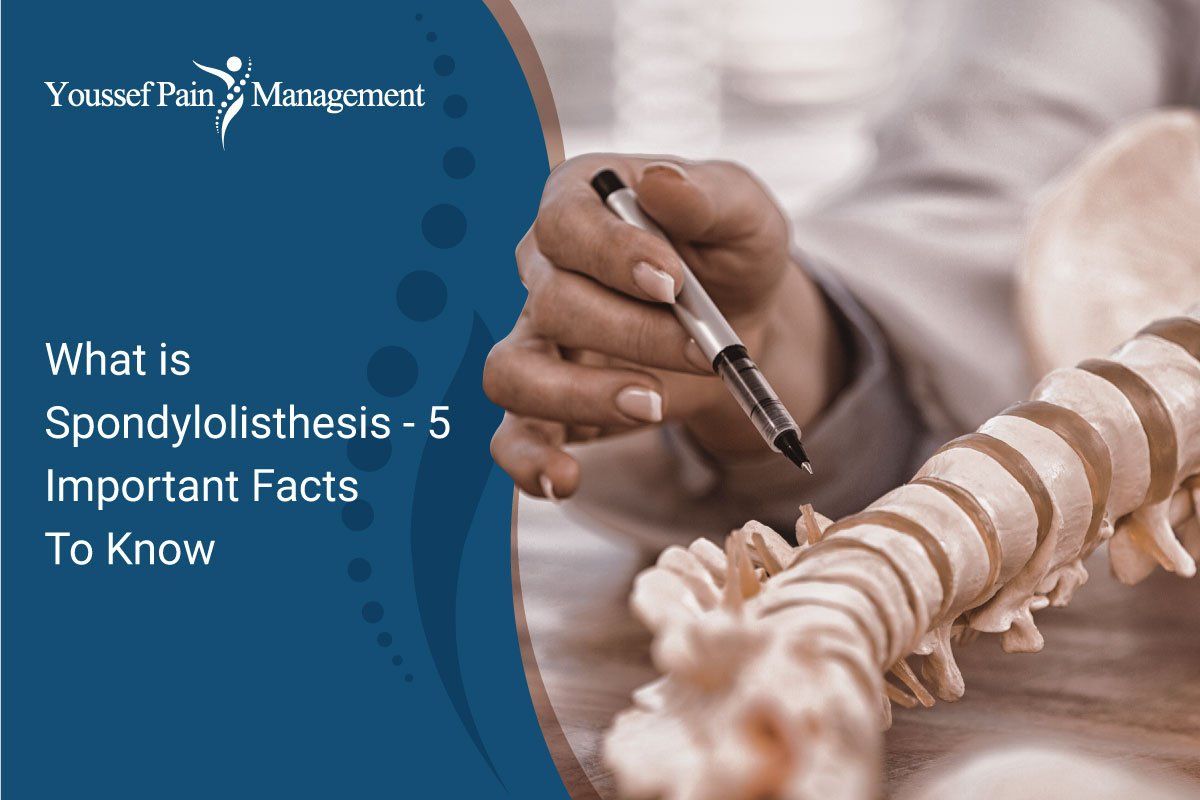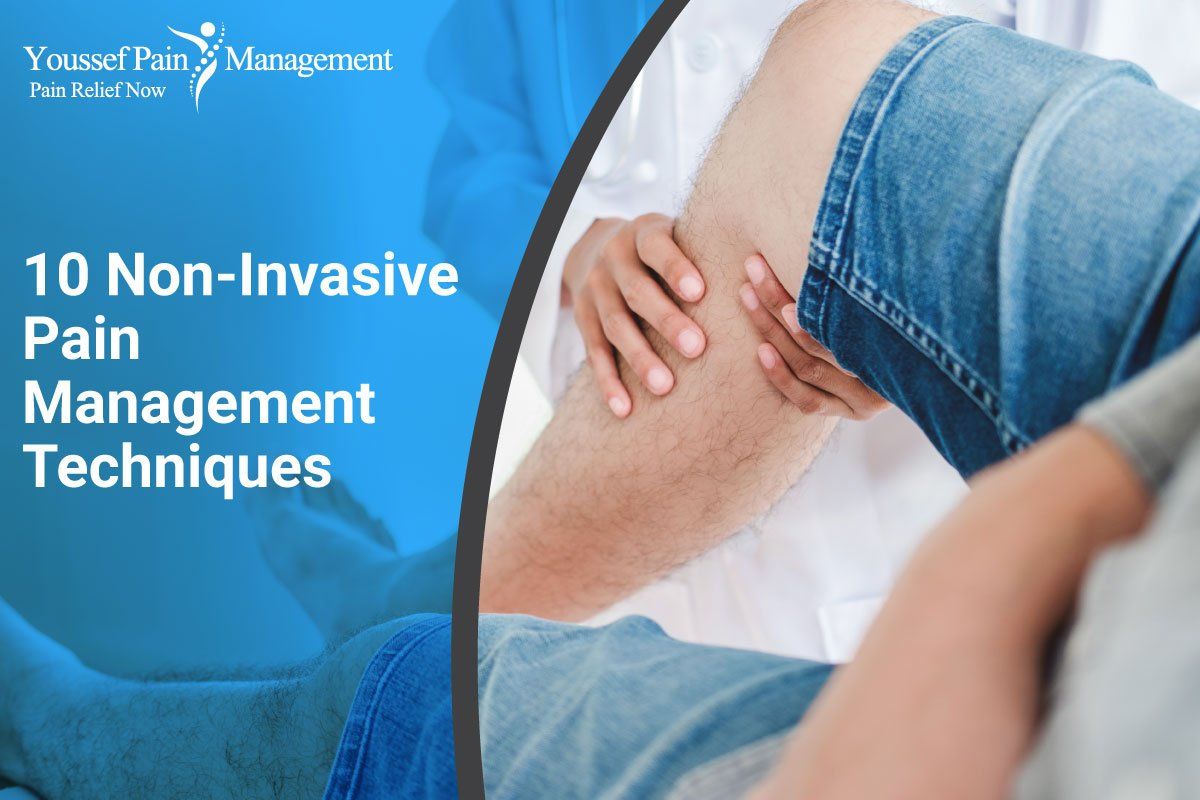NSAIDs vs Acetaminophen Difference and When to Use Them

Overview
Non-steroidal anti-inflammatory drugs (NSAIDs) and acetaminophen are efficient medications to relieve acute and chronic pain. These medicines have similar functions that provide beneficial effects with lasting results. However, they have differences that you should consider before taking them.
Doctors often recommend NSAIDs and acetaminophen to manage different types of pain, such as muscle pain and stiffness. In addition, they are both available as over-the-counter medicines, which you can purchase anywhere. This article will cover the difference between non-steroidal anti-inflammatory drugs and acetaminophen. We'll discuss when to use them and provide you with helpful tips.
So, if you're looking for the best way to manage pain, continue reading to learn more.
Understanding Non-Steroidal Anti-Inflammatory Drugs
Non-Steroidal Anti-Inflammatory Drugs are medications that efficiently reduce pain and inflammation and lower a high body temperature. Doctors often recommend NSAIDs to treat and manage a wide range of pain symptoms like
- Arthritis
- Headaches
- Painful periods
- Sprains
- Muscle and joint strains
- Colds with flu
NSAIDs block a hormone-like component in your body responsible for sending pain signals to your brain. Most NSAIDs are readily available over-the-counter. NSAIDs include ibuprofen, aspirin, naproxen sodium, and ketoprofen. Here are popular NSAID brands you can buy from your local pharmacy.
- Ibuprom
- Midol
- Motrin
- ElixSure
- Advil
- Tab-Profen
- Ibutab 200
When to Take Non-Steroidal Anti-Inflammatory Drugs
NSAIDs are effective in treating a wide range of pain symptoms. You can take NSAIDs with or without a doctor's prescription. Here are the types of scenarios where you can take non-steroidal anti-inflammatory drugs
- Minor pains and aches like headaches
- Muscle and joint pains (after working out)
- Menstrual cramps (dysmenorrhea)
Since non-steroidal anti-inflammatory drugs reduce inflammation, you can take them when you have
- Osteoarthritis
- Rheumatoid arthritis
- Lupus
These three health conditions require extended treatment periods and could induce chronic pain symptoms. Therefore, NSAIDs are your best option in these medical conditions because they soothe pain and reduce inflammation simultaneously.
Understanding Acetaminophen
Acetaminophen works similarly to non-steroidal anti-inflammatory drugs. They belong to the family of medications called analgesics. They also block pain signals to the brain, providing you with efficient pain relief. However, NSAIDs do not have anti-inflammatory properties. Here are the popular brands of acetaminophen
- Tylenol
- Acephen
- FeverAll
- NeoPAP
When to Take Acetaminophen
Acetaminophen works well in providing pain relief from minor aches and pains. However, it is not effective in reducing pain with inflammation. Here are the types of pain symptoms that acetaminophen can handle
- Backaches
- Colds and sore throats
- Headaches
- Toothaches
- Menstrual periods
- Fever reduction
- Reactions to vaccinations (shots)
- Muscle aches
Acetaminophen vs Ibuprofen (NSAID)
The most significant difference between NSAIDs and Acetaminophen is their non-inflammatory properties.
- NSAID - Can reduce inflammation or swelling.
- Acetaminophen - Does not reduce inflammation or swelling.
Additional Information
Before taking non-steroidal anti-inflammatory drugs (NSAIDs) or acetaminophen, always read the label. Since these drugs can be taken anytime and purchased without a prescription, you can easily miss crucial information about their effects on your health.
In addition, you can find vital info about drugs NSAIDs and acetaminophen have adverse interaction results.
Who Should Not Take Non-Steroidal Anti-Inflammatory Drugs?
Unless your doctor prescribes, do not take NSAIDs when you have the medical conditions listed below.
- Allergies to aspirin or pain relievers.
- Bleeding disorders or are taking blood-thinning medications.
- Peptic ulcers or stomach and intestine bleeding disorders.
- Liver disease.
- Kidney disease.
- Drink more than 3 bottles a day.
Who Should Not Take Acetaminophen?
Unless your doctor prescribes, do not take acetaminophen when you have the medical conditions listed below.
- Severe liver disease.
- Severe kidney disease.
- Drink more than 3 bottles a day.
Which One is Better for Me?
NSAID vs Tylenol, Tylenol vs Ibuprofen? If you’re contemplating which pain reliever to choose, you can find the answers below.
Both non-steroidal anti-inflammatory drugs (NSAIDs) and acetaminophen can take care of pain. However, it is better to take medicines that target the specific pain symptoms that you are experiencing. For minor pains without swelling like headaches, acetaminophen should be enough. On the other hand, for injuries that induce swelling, NSAIDs are highly recommended. In addition, NSAIDs work well in treating chronic pain.
Important Note
Taking over-the-counter pain medications is perfectly OK. Consulting your doctor is your best bet for additional safety. Pain relievers are highly potent and could harm your health in certain conditions. What's more, it is doubly dangerous if you have allergies to painkillers.
Recognizing the difference between non-steroidal anti-inflammatory drugs and acetaminophen can improve your pain management approach. We promise to continue providing you with relevant information on pain management. We hope that you've enjoyed this article.
Begin Your Pain-Free Lifestyle At Youssef Pain Management INC.
Dealing with pain can affect your everyday life. It limits your ability to spend quality time with your family. Start your pain-free journey with us. Our pain specialists offer proven and effective pain management techniques to help you achieve the best life you deserve. We specialize in medication pain management based on your personal needs.
Join our satisfied patients today and be the best you can be at all times. Schedule an appointment today by dialing 909-392-9480. Our pain specialists are always ready to provide you with the top-notch pain management services you deserve. We hope to hear from you soon!
Allergy , Asthma and Sinus Center | All Rights Reserved.







